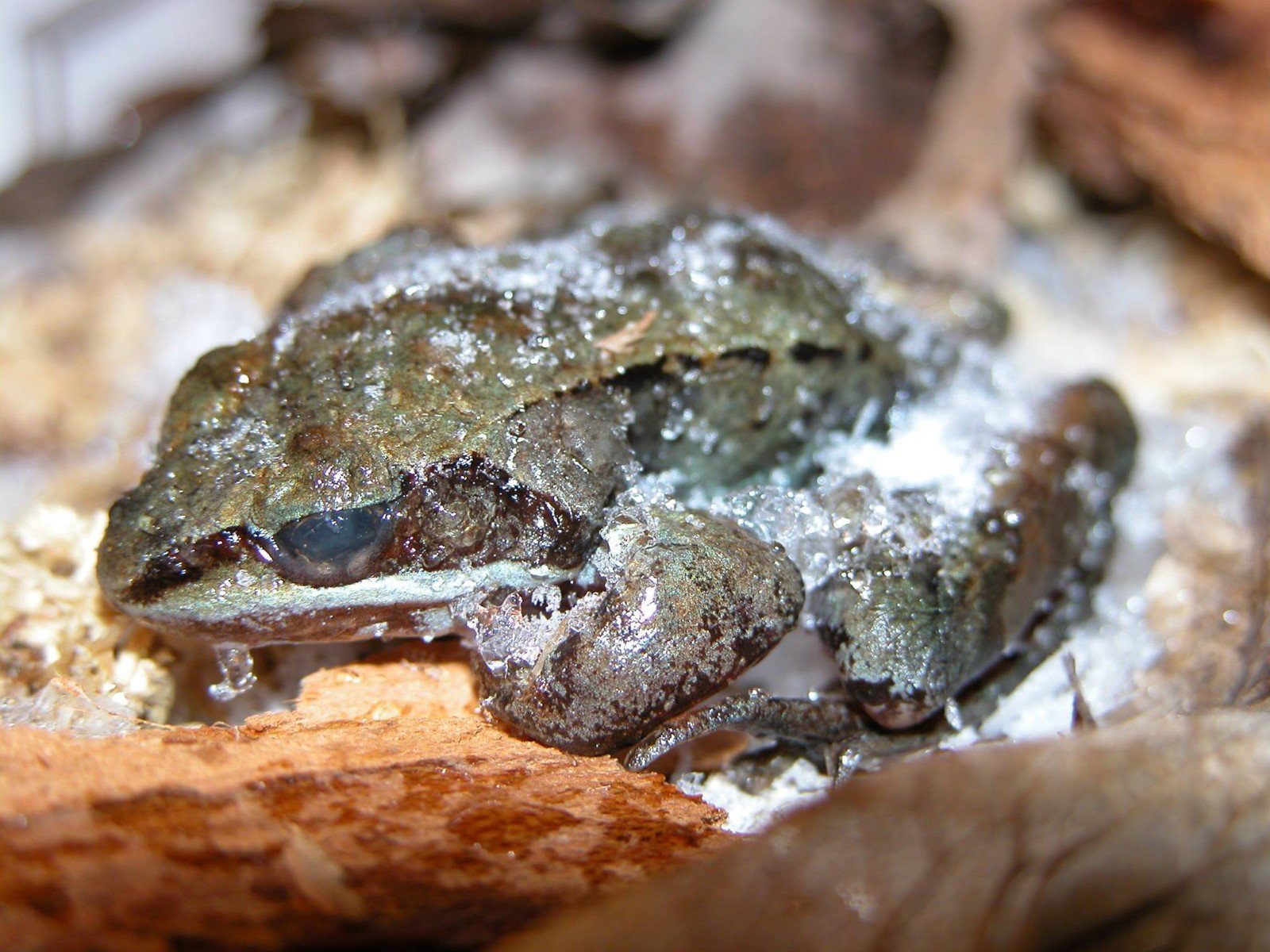On the vast and diverse landscapes of Africa, one tree stands out as a symbol of strength, resilience, and ancient wisdom: the Baobab tree. Often referred to as the "Tree of Life," the Baobab is deeply woven into the cultural, ecological, and spiritual fabric of the continent. Its unique appearance and numerous benefits have made it a revered presence on African soil for centuries. In...
Blog
Find out everything you need to know about your future agent.
When we think of eye colors, shades like brown, blue, and green often come to mind. However, while these are common, there are a few rare and extraordinary eye colors that are far less frequently seen around the world. Genetics play a significant role in determining eye color, and some combinations are so rare that only a tiny percentage of the population possesses them. Let’s take a look...
If you're looking to add privacy, enhance the natural beauty of your yard, or simply create a stunning landscape feature, using evergreen conifers as a living wall is a perfect solution. These trees offer year-round greenery, act as natural windbreakers, and provide privacy without the need for a traditional fence. Plus, a wall of conifers adds texture, color, and structure to your backyard...
- calendar_month October 7, 2024
- post Health, Nature, Real estate
Pearls are one of nature's most beautiful and sought-after treasures, often symbolizing purity, elegance, and rarity. But have you ever wondered how these exquisite gems are created? The process behind pearl formation is a fascinating example of nature's ability to turn an irritant into something extraordinary. Oysters, as well as some other mollusks like mussels and clams, are responsi...
On October 14, 2012, Austrian skydiver and daredevil Felix Baumgartner captured the world's attention as he leaped from the edge of space, plunging 24 miles (39 kilometers) to Earth from a stratospheric balloon. Known as the Red Bull Stratos mission, this extraordinary feat wasn’t just a display of human bravery but a groundbreaking moment in aerospace research, breaking multiple worl...
As the world grapples with the growing problem of water pollution, innovative solutions have emerged to help prevent trash from entering our rivers and oceans. One such invention is the spinning disc river trash stopper, a unique and efficient device designed to capture floating debris before it flows downstream and pollutes larger bodies of water. This technology is making waves in the environ...

The wood frog (Lithobates sylvaticus) is a fascinating creature that has captivated scientists and nature enthusiasts alike, thanks to its extraordinary ability to survive winter by essentially freezing solid. Found in North America, particularly in the colder regions of Alaska and Canada, these frogs have developed a remarkable survival strategy: when temperatures plummet during the winter, th...
Winter roads can be treacherous, with icy conditions and heavy snow posing serious challenges for drivers. For decades, tire chains have been the go-to solution for improving traction in these hazardous conditions. However, the traditional process of manually attaching and removing chains can be cumbersome, time-consuming, and messy. Enter automatic tire chains, a modern innovation that brings ...
The exploration of Earth has been a gradual process spanning centuries, with each age bringing the discovery of new territories. But as humans charted oceans, continents, and even the poles, the question arises: What was the last place discovered on Earth? While “discovery” can mean different things depending on context (indigenous inhabitation, scientific identification, or firs...
Red Rock Canyon, located near Las Vegas, Nevada, is one of the most iconic natural landmarks in the United States, known for its towering sandstone cliffs, unique geological formations, and rich biodiversity. However, its tranquil beauty is now at the center of a heated debate, as plans move forward for a large-scale housing development on Blue Diamond Hill, a ridge overlooking this beloved con...